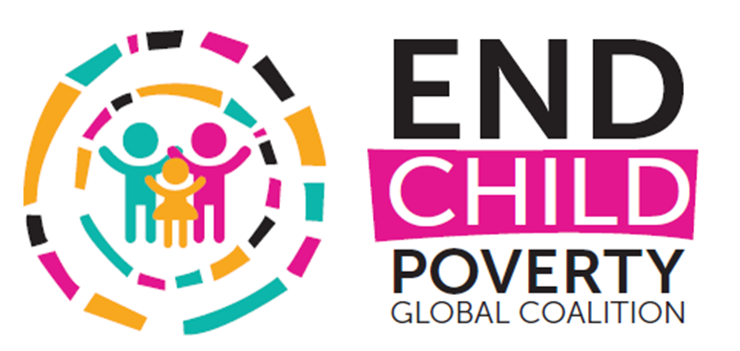Progress Toward Achieving the Sustainable Development Goals (SDGs)
About a hundred child advocates, field experts, scholars and graduate students met at The New School on October 11th for a profound and relevant discussion about inequalities affecting children and adolescents living in poverty. The conversation was situated within the context of the Sustainable Development Goals and demonstrated the paramount importance of placing children first in United Nation’s 2030 Agenda. Social exclusion and poverty have a stronger impact on children and adolescents than it does on adults.
An especially aware audience was engaged by formidable guest speakers from diverse backgrounds and coming from prominent non-profit organizations. In the first of two panels, World Bank economist Tara Vishwanath, joined UNICEF Statistics Specialist Shane M. Khan, and SOS Children’s Villages, Richard Pichler to address the challenge of finding effective strategies to promote inclusion of children who are non-visible to statistical surveys. A prominent example is the household survey, which by definition excludes children in extreme poverty homes. The panellists shared tools to help capture data on hidden vulnerable populations, but stressed that there is much work to be done. Also, established effective statistical methods to count “invisible” children and later effectively inform policymakers on where to allocate public expenditure for child programming.
In the second panel, UNICEF advisor Stephen Blight, Annette Lyth, Special Assistant to the Secretary-General on Violence against children and ChildFund Alliance, Paraguay Country Director, Jorge Menendez Rheineck discussed the importance of addressing violence against children. The panelists presented various programs where youth participation has been implemented for violence prevention. Scaling-up and replicating programs that integrate at-risk youth into the discussion is essential to find sustainable solutions that tackle violence against children. Likewise, the fact that youth agency and participation was being discussed proofs the vital role of youth in seeking solutions to the problems that affect them.
Equity for Children Executive Director Alberton Minujin and Alberto Cimadamore of the Comparative Research Programme on Poverty (CROP) closed the conference by formulating a set of policy recommendations and best practices to include those children left behind in progress toward achieving the SDGs.
This conference was organized by Equity for Children in collaboration with partners at CROP, UNICEF, SOS Children’s Villages and the ChildFund Alliance; and with the support of The New School.

